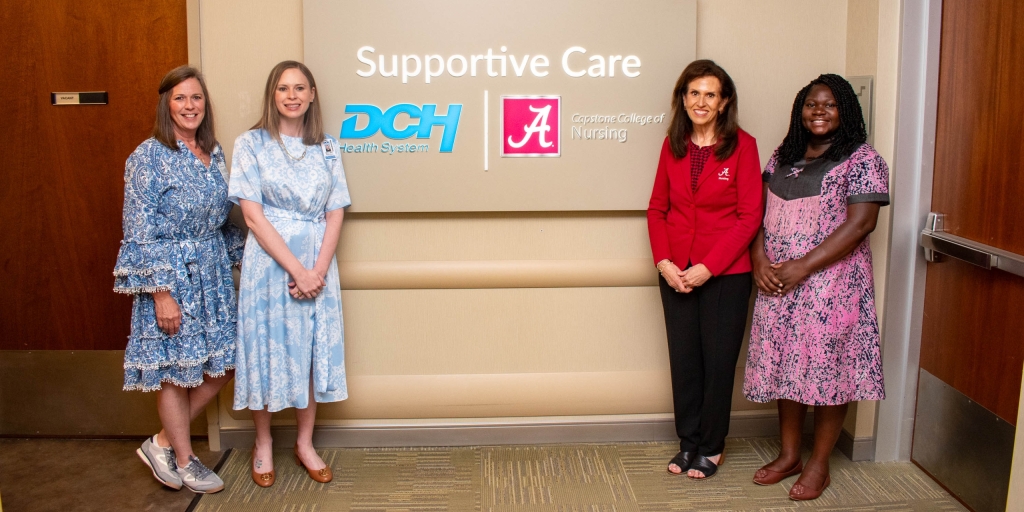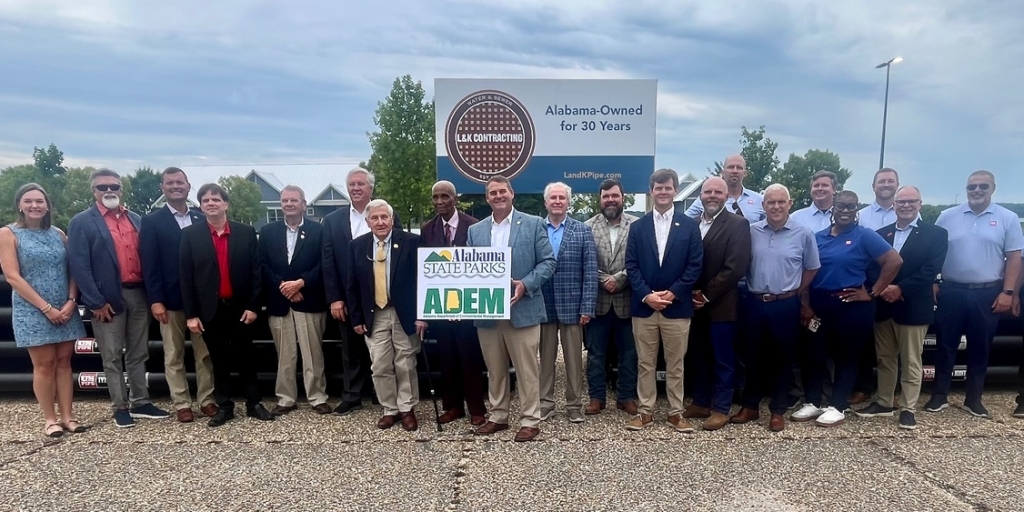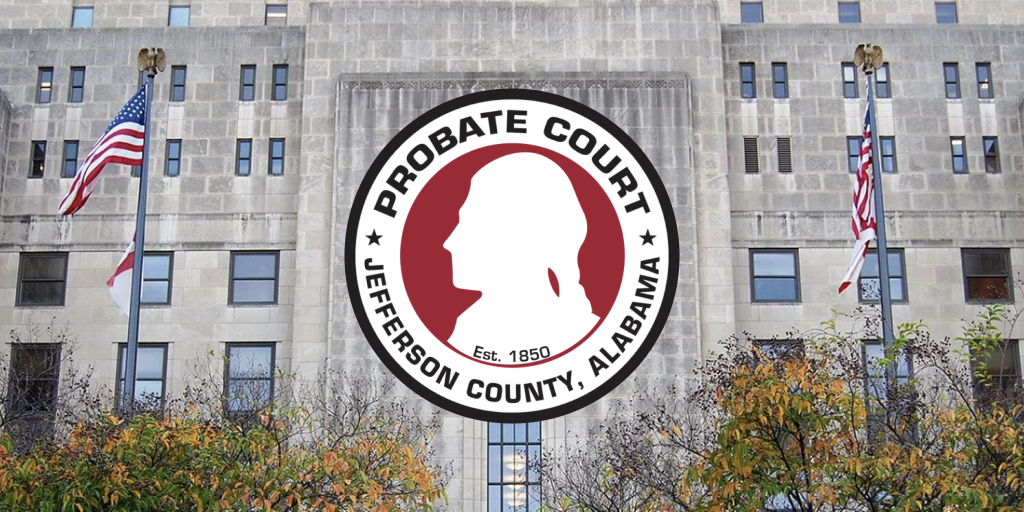The Supreme Court of Alabama on Thursday released a 6-2 decision ruling that a group of Alabama hospitals’ lawsuit against opioid manufacturers, distributors and retailers will remain in Conecuh County Circuit Court.
The suit was filed in September 2019 by 21 Yellowhammer State hospitals against more than 40 companies who produce, distribute and/or sell opioids that are consumed in Alabama; the case is merely one action in a large series of nationwide suits against “Big Pharma” entities related to opioids.
The case was originally stylized as “Ex parte Purdue Pharma LP et al,” however Purdue filed for Chapter 11 bankruptcy protection days after the lawsuit was filed. The company, the manufacturer of OxyContin, has since reached a national civil settlement with the DOJ reported to be worth more than $8 billion and pleaded guilty to three federal criminal charges related to its role in the opioid crisis.
Due to the Purdue bankruptcy, the Alabama case is now stylized “Ex parte Johnson & Johnson et al.,” with Johnson & Johnson being another of the original pharmaceutical giants named in the lawsuit. Two additional original defendants have been stayed from the suit after declaring bankruptcy.
Other remaining named defendants are as follows: Janssen Pharmaceuticals, Inc.; Ortho-McNeil-Janssen Pharmaceuticals, Inc., n/k/a Janssen Pharmaceuticals, Inc.; Janssen Pharmaceutica, Inc., n/k/a Janssen Pharmaceuticals, Inc.; Endo Health Solutions Inc.; Endo Pharmaceuticals Inc.; Par Pharmaceutical, Inc.; Par Pharmaceutical Companies, Inc.; Teva Pharmaceuticals USA, Inc.; Cephalon, Inc.; Watson Laboratories, Inc.; Actavis LLC; Actavis Pharma, Inc.; Amneal Pharmaceuticals, LLC; Noramco, Inc.; Abbott Laboratories; Abbott Laboratories Inc.; Allergan Finance, LLC, f/k/a Actavis, Inc., f/k/a Watson Pharmaceuticals, Inc.; Allergan Sales, LLC; Allergan USA, Inc.; AmerisourceBergen Drug Corporation; H.D. Smith, LLC, f/k/a H.D. Smith Wholesale Drug Co.; Anda, Inc.; Cardinal Health, Inc.; Henry Schein, Inc.; CVS Health Corporation; CVS Pharmacy, Inc.; CVS Indiana, L.L.C.; Rite Aid of Alabama, Inc.; Rite Aid of Maryland, Inc.; Walmart Inc.; Wal-Mart Stores East, LP; The Kroger Co.; Kroger Limited Partnership II; Walgreen Co.; and Walgreen Eastern Co., Inc.
These defendants had petitioned the Supreme Court of Alabama, requesting that the case be moved to Jefferson County from the original venue in which the suit was filed. The petition for a writ of mandamus argued that the venue in Conecuh County is not proper as to all plaintiffs or, alternatively, on the basis that the convenience of the parties and/or the interest of justice requires it.
The opinion of the court, authored by Associate Justice Mike Bolin, denied the defendants’ petition, keeping the case in Conecuh County.
Associate Justices Kelli Wise, Brad Mendheim and Sarah Stewart concurred, while Chief Justice Tom Parker and Associate Justice Tommy Bryan concurred specially. Associate Justices Greg Shaw and Will Sellers dissented, and Associate Justice Jay Mitchell recused himself.
Plaintiffs include the following hospitals: DCH Health Care facilities in Tuscaloosa, Northport and Fayette; Baptist Health medical centers in Montgomery and Prattville; Medical West in Bessemer; Evergreen Medical Center in Evergreen; Jackson Medical Center in Jackson; Flowers Hospital in Dothan; Medical Center Enterprise in Enterprise; Grandview Medical Center in Birmingham; Gadsden Regional Medical Center in Gadsden; South Baldwin Regional Hospital in Foley; Grove Hill Memorial Hospital in Grove Hill; Princeton Baptist in Birmingham; Walker Baptist Medical Center in Jasper; Shelby Baptist Medical Center in Alabaster; Citizens Baptist Medical Center in Talladega; and Brookwood Baptist in Birmingham.
The Supreme Court decision outlined that the plaintiffs allege the defendants “manufacture, market, distribute, and/or dispense opioid medications throughout Alabama in a manner that is misleading, unsafe, and has resulted in drug addiction, injury, and/or death to Alabama citizens. The complaint asserts claims of negligence, nuisance, unjust enrichment, fraud and deceit, wantonness, and civil conspiracy. The plaintiffs seek both compensatory and punitive damages because, they say, they have incurred and will incur ‘massive costs by providing uncompensated care as a result of opioid-related conditions.’”
Robert King, an attorney representing the plaintiff hospitals, summarized their position in a statement last year announcing the lawsuit: “The deceptive marketing efforts of the defendants substantially contributed to an explosion in the use of opioids across the country — and the aftereffects are felt in hospitals every single day.”
“Hospitals have provided heroic levels of care to opioid-addicted patients and saved countless lives. But the financial, operational and emotional expense for hospitals is staggering. The defendants are at the root of this crisis,” King added.
According to the Centers for Disease Control and Prevention, two out of three drug overdose deaths involve an opioid. Overdose deaths from opioids, including prescription opioids, heroin and synthetic opioids like fentanyl, have increased almost sixfold since 1999. Opioid-involved overdoses killed more than 47,000 people in 2017, and 36% of those deaths involved prescription opioids.
Alabama has certainly seen firsthand the consequences of opioid overuse. In 2017, the state had the highest overall opioid prescribing rate.
Sean Ross is the editor of Yellowhammer News. You can follow him on Twitter @sean_yhn













